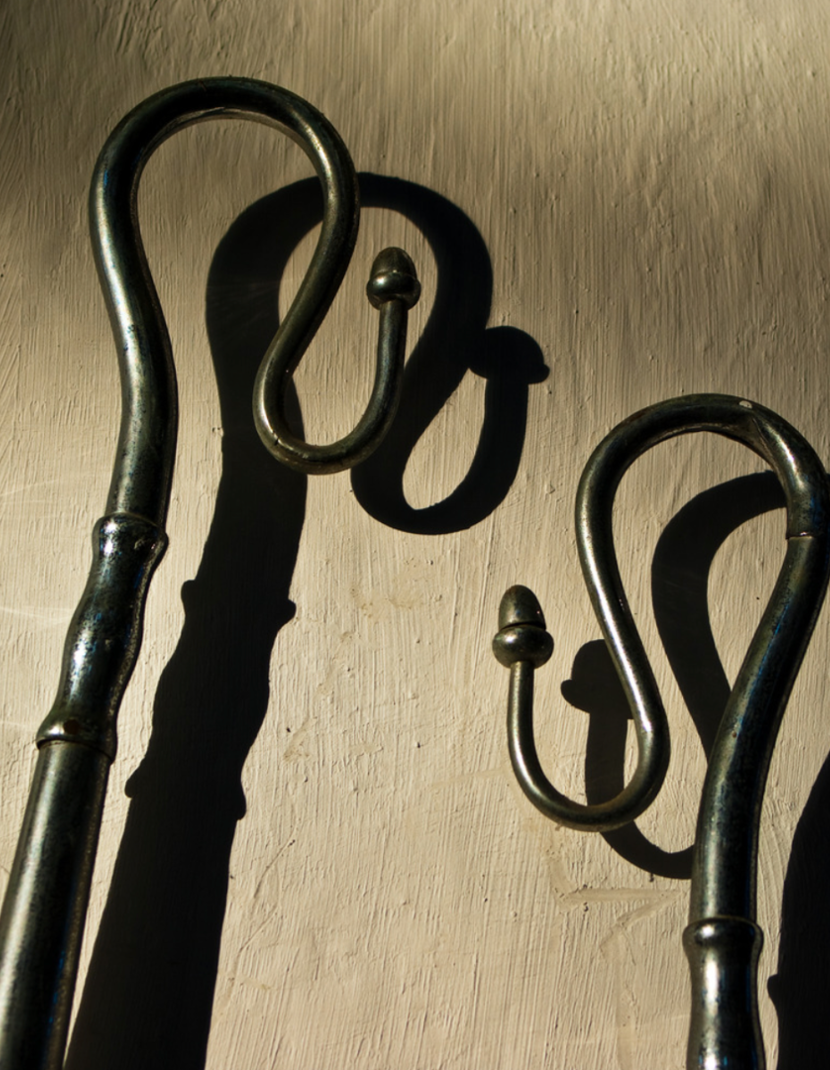
“Husbands, love your wives, even as Christ also loved the church
and laid down His life for her.
Ephesians 1:23
The Bible’s Shepherd Code
“I am the good Shepherd. The good shepherd gives His life for the sheep. But a hireling, he who is not the shepherd, one who does not own the sheep, sees the wolf coming and leaves the sheep and flees; and the wolf catches the sheep and scatters them. The hireling flees because he is a hireling and does not care about the sheep. I am the good shepherd; and I know My sheep, and am known by My own. As the Father knows Me, even so I know the Father; and I lay down My life for the sheep.”
John 10:10-15
“For the husband is the head of the wife as Christ is the head of the church,
his body, of which he is the Savior.” Ephesians 5:23
Husbands, love your wives, even as Christ also loved the church
and laid down His life for her. Ephesians 1:23
By this biblical logic, then
as Christ is the good Shepherd of the Church, His flock,
so also the husband is assigned to be the good Shepherd of his wife.
Men often forget that while they are the head of the wife, that position is not one of rulership, but servanthood and sacrifice:
1. His headship is earned by serving her and
2. it comes with being his wife’s savior
Husbands, love your wives, even as Christ also loved the church...—The love of Christ for His Church is such that He counts Himself incomplete without her (Ephesians 1:23), and raises her to be one with Himself; that He bears with her weakness and frailty; that He draws her on by the cords of love; and that He gives up Himself for her. Only so far as the husband shows the like love in perfect sympathy, in chivalrous forbearance, in abhorrence of tyranny, in willingness to self-sacrifice, has he any right to claim lordship.
…and laid down his life for her.— In the character of our Lord’s sacrifice, as an atonement offered “for” the Church, and in the regenerating and cleansing effect of that sacrifice (see next verse), none can approach Him. The husband may be said to give himself for his wife, but it cannot be in any higher sense than as taking the chief share of the burden, and if possible the pain, of life for her. He may follow Christ in love, and in that alone. Compare St. Paul’s words in Colossians 1:24, “I fill up that which is behind of the afflictions of Christ for His body’s sake, which is the Church”




